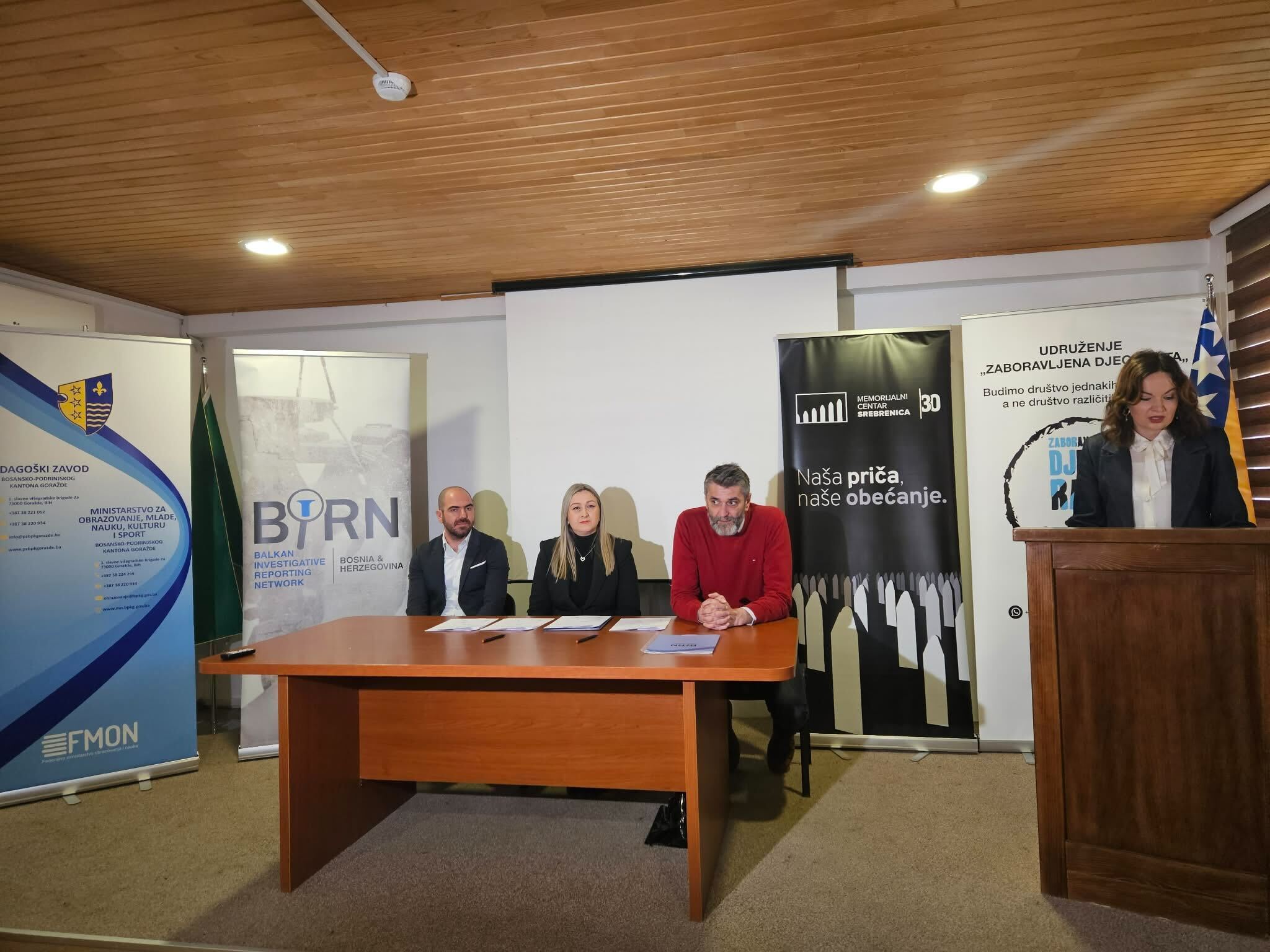This post is also available in: Bosnian
Mladics Defence attorney Dragan Ivetic suggested that UNPROFOR did not demilitarise the Bosniak enclaves in Eastern Bosnia – Srebrenica, Zepa and Gorazde although it was obliged to do so in line with an agreement signed in 1993, proclaiming those enclaves safe UN zones.
While confirming that the enclaves were not demilitarised and that the Army of Bosnia and Herzegovina initiated attacks from those enclaves, Smith said that the disarmament was not a UNPROFOR task, but the task of the conflicting parties, adding that the blue helmets were tasked with acting as a witness in that process.
UNPROFORs action depended on the conduct of the conflicting parties, Smith said.
Responding to questions by Mladics Defence attorney, Smith confirmed that, in February 1995 he knew about at least one weapons delivery to the Army of Bosnia and Herzegovina via Tuzla airport, adding that this caused tensions between UNPROFOR and NATO, which denied that the airplanes landed in Tuzla.
Mladic, former Commander of the VRS Main Headquarters, is charged with terrorising civilians in Sarajevo through a long-lasting shelling and sniping campaign, genocide in Srebrenica and seven other municipalities in Bosnia and Herzegovina and taking international soldiers hostage.
Mladics Defence attorney said that Smith made the decision on bombing of the Republika Srpska Army, VRS after the explosion at Markale in 1995 without any proof of the Serb sides guilt. I was and still am completely convinced in my decision, Smith said, repeating his allegation that he determined that the grenade arrived from the direction where VRS positions were located.
When asked whether he considered the findings by Russian Lieutenant Colonel Andrei Demurenko, who determined that the grenade could not have come from VRS positions, Smith answered affirmatively, adding that he disagreed with the findings.
As he explained, Smith made the decision to request air strikes against the VRS due to the attack on Markale on the basis of conclusions of the London Conference of July 1995, according to which any attack on protected zones led to NATO strikes.
According to the charges against Mladic, the mine-thrower grenade that killed 43 and wounded 75 citizens in front of Markale open market on August 28, 1995 was fired from VRS-held positions.
Smith said that a village near Kalinovik, where indictee Mladics parents were buried, was one of the targets of the NATO air strikes against the Serb forces. Smith said that the purpose of that attack was to demonstrate that Mladic was not even capable of protecting the remains of his parents.
Responding to a suggestion by the Defence attorney that this looked like a personal conflict between him and Mladic, Smith said: Yes, in the sense that I tried to force him to change his mind.
The trial of Mladic is due to continue on Tuesday, January 29.

